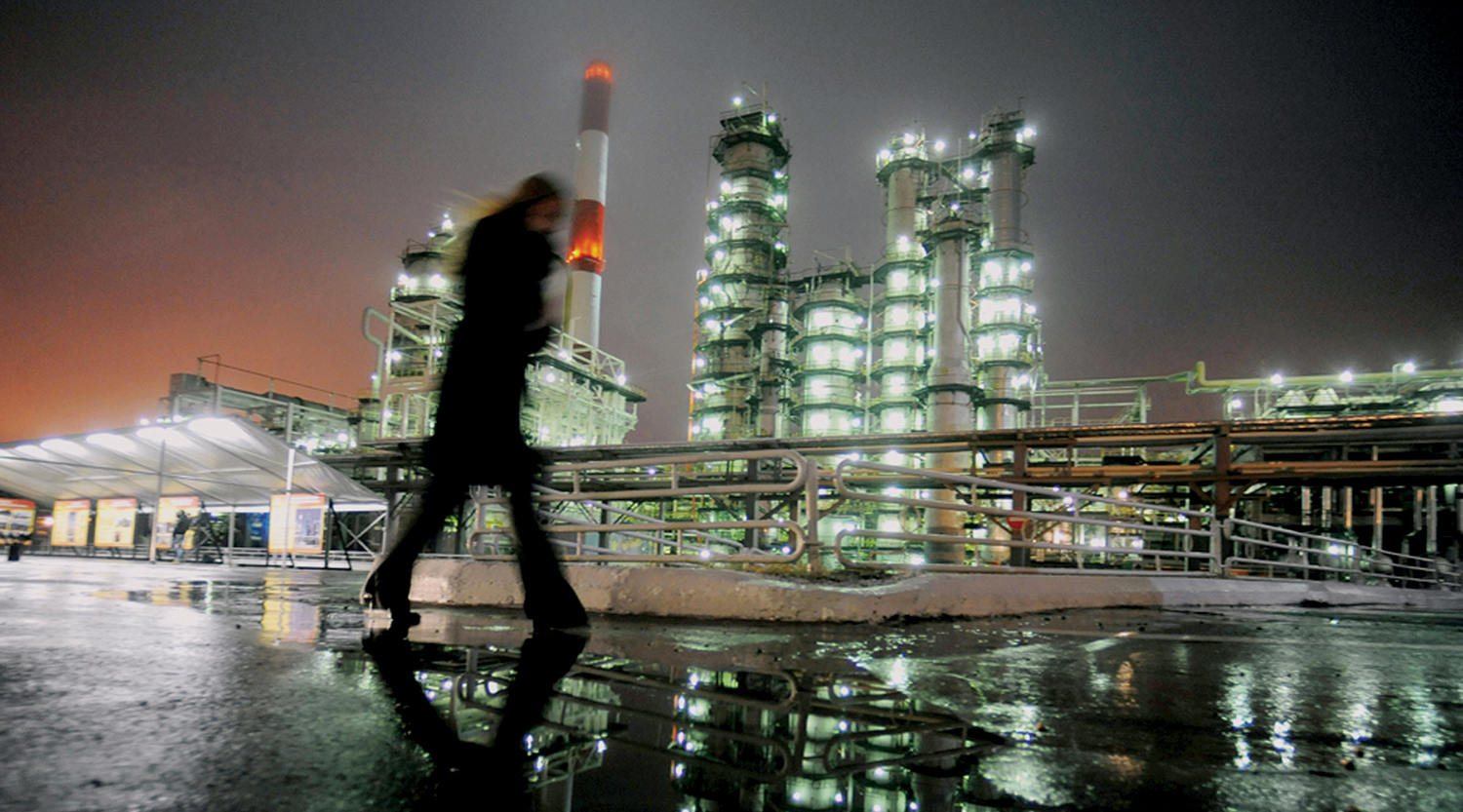

A gap in US sanctions allows Western companies to help Russia develop some of its most technically challenging oil reserves, and risks undermining the broad aim of the measures, a Reuters review of company results and media releases has found.
When Washington imposed the sanctions on Moscow in 2014 over its annexation of Crimea and role in the Ukraine conflict, the US Treasury said it wanted to “impede Russia’s ability to develop so-called frontier or unconventional oil resources”.
The restrictions were designed to prevent Russia countering declining output from conventional wells by tapping these hard-to-recover reserves which require newer extraction techniques like fracking, an area where it relies on Western technology.
Three years on, however, Norway’s Statoil is helping Kremlin oil giant Rosneft develop unconventional resources, while British major BP is considering a similar project.
Statoil is not breaching sanctions and nor would BP be doing so, but the cooperation highlights how sanctions have only been partially effective in curbing Western energy investment.
The United States, having itself experienced a spike in oil output from tapping shale rock over the past decade, worded the measures to prohibit Western companies from helping Russia develop “shale reservoirs”. It did not mention other lesser-known forms of unconventional deposits.
The EU followed suit by banning cooperation on projects “located in shale formations by way of hydraulic fracturing”.
Rosneft and its Western partners are not targeting shale but are instead drilling to reach oil reserves known as limestone —deeper reservoirs that lie beneath shale oil.
Statoil, in media releases issued in June and December 2013, and its annual report for that year, said the venture would explore “shale oil” opportunities in the Samara region, which is situated on the Volga river.
After sanctions were imposed in 2014, the company amended all the releases on its website to replace “shale” with “limestone”, though it did not alter the 2013 annual report. It described the venture as limestone from that point on.
“In the original press release, and communication following that, we used an imprecise geological term,” a Statoil spokesman said. “We became attentive to this after the introduction of sanctions.”
“We have since corrected it, and now use the precise and correct term —limestone,” he added about the project, which saw its first well drilled in January this year.
“The Domanik formation is a limestone formation and is not covered by European or US sanctions.”
Geologists are unanimous, though, that even though shale and limestone formations are different geological structures, they both constitute unconventional oil resources. Both are extracted through hydraulic fracturing, or fracking.
Experts say limestone deposits in Russia’s Domanik formation, where Statoil and Rosneft are drilling, could yield billions of barrels of crude.
Spokesmen for the US Treasury, and for European Commission foreign affairs and security policy, both declined to comment on Russian projects, the wording of the sanctions or if any change was planned to include other unconventional oil resources.
Under EU sanctions, which Norway signed up to, companies have to ask for clearance from their governments to enter new Russian oil projects.
Statoil, which is majority owned by the Norwegian government, said it had “applied for and received a pre-authorization related to the Domanik project by the Norwegian Ministry of Foreign Affairs”.
Rosneft also started describing the venture as a limestone project after sanctions were imposed, but has not amended its previous statements which described it as shale.
“It would not be correct to call these sediments shale in the meaning of those being explored in the United States,” a Rosneft official told Reuters in emailed comments. — Reuters
Nerijus Adomaitis & Katya Golubkova
Oman Observer is now on the WhatsApp channel. Click here



